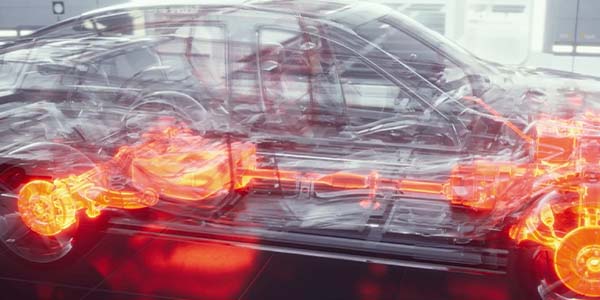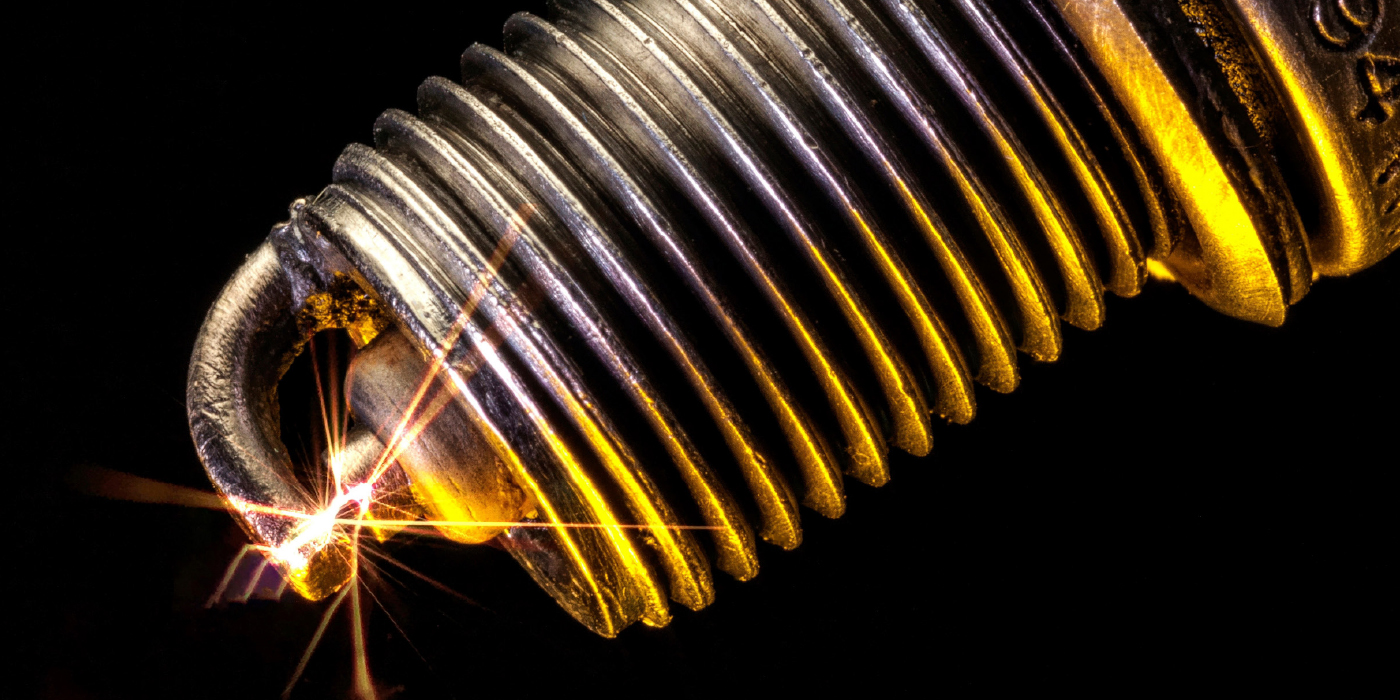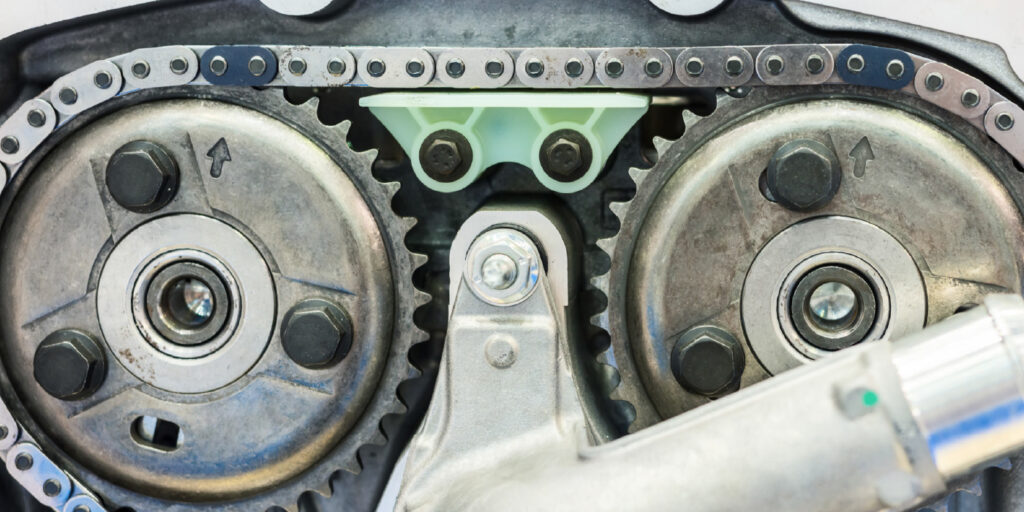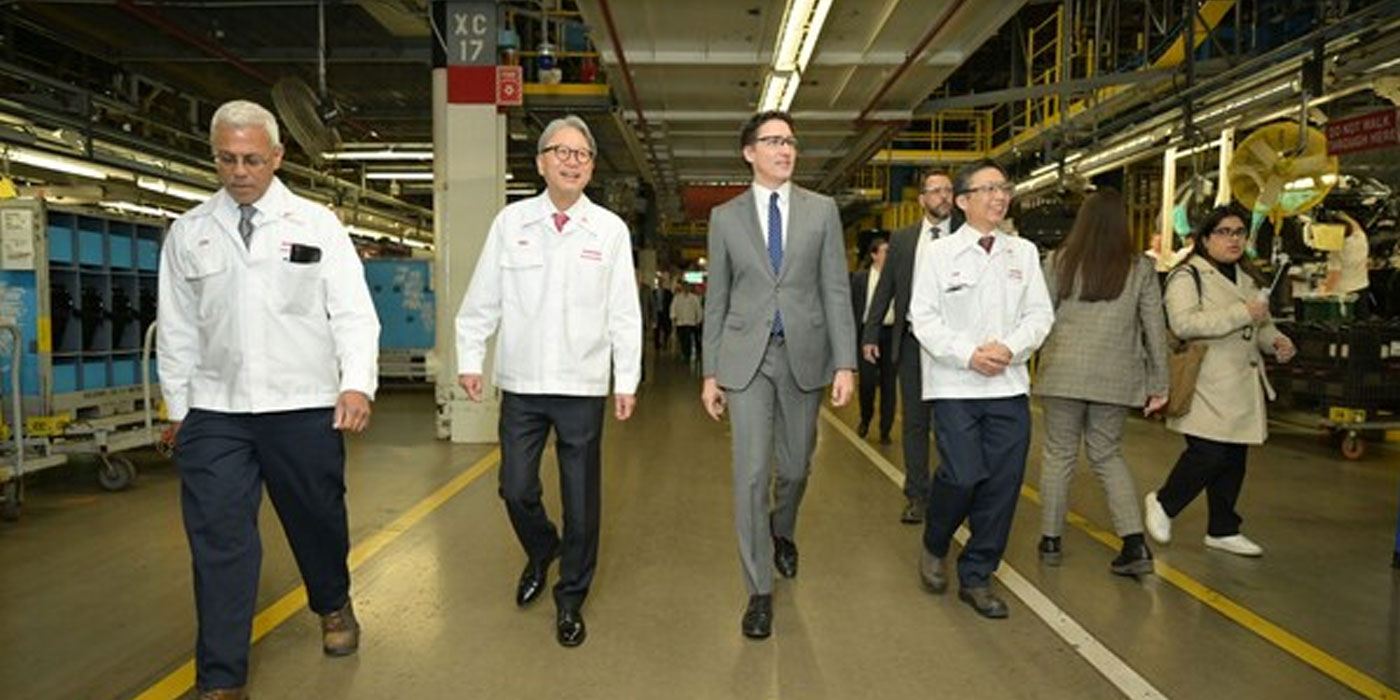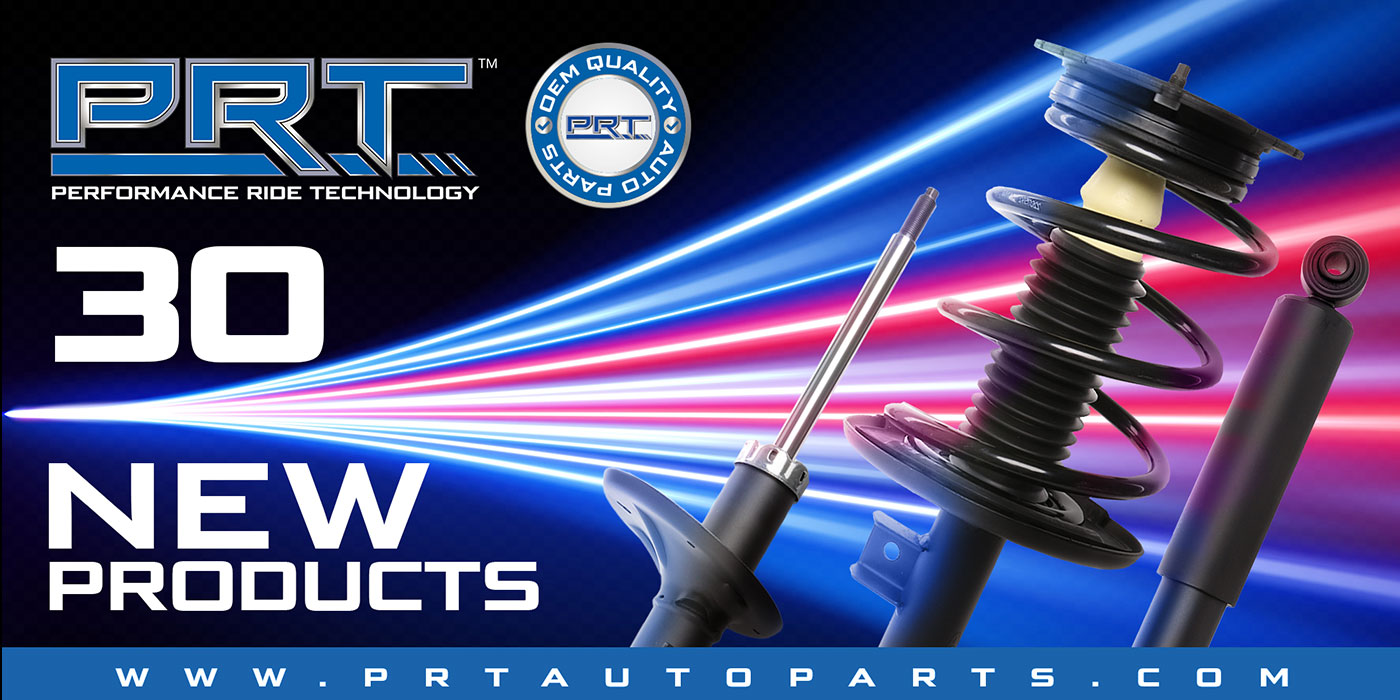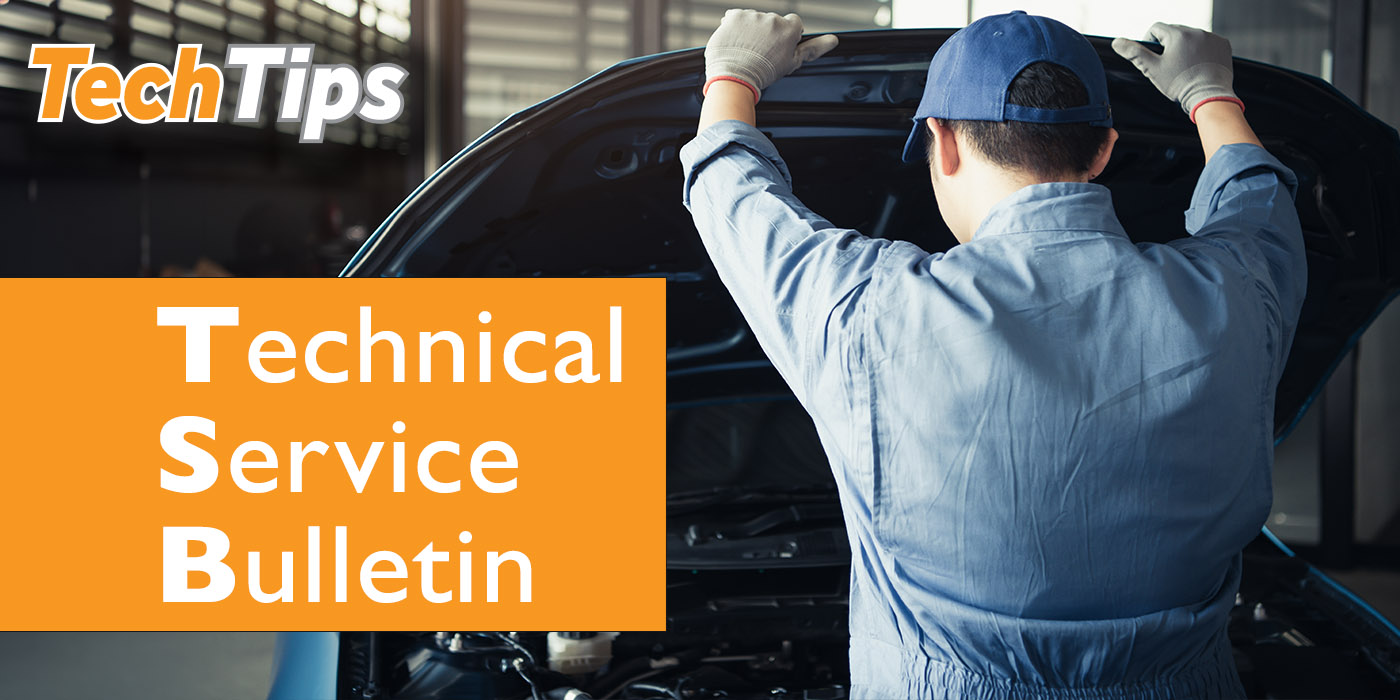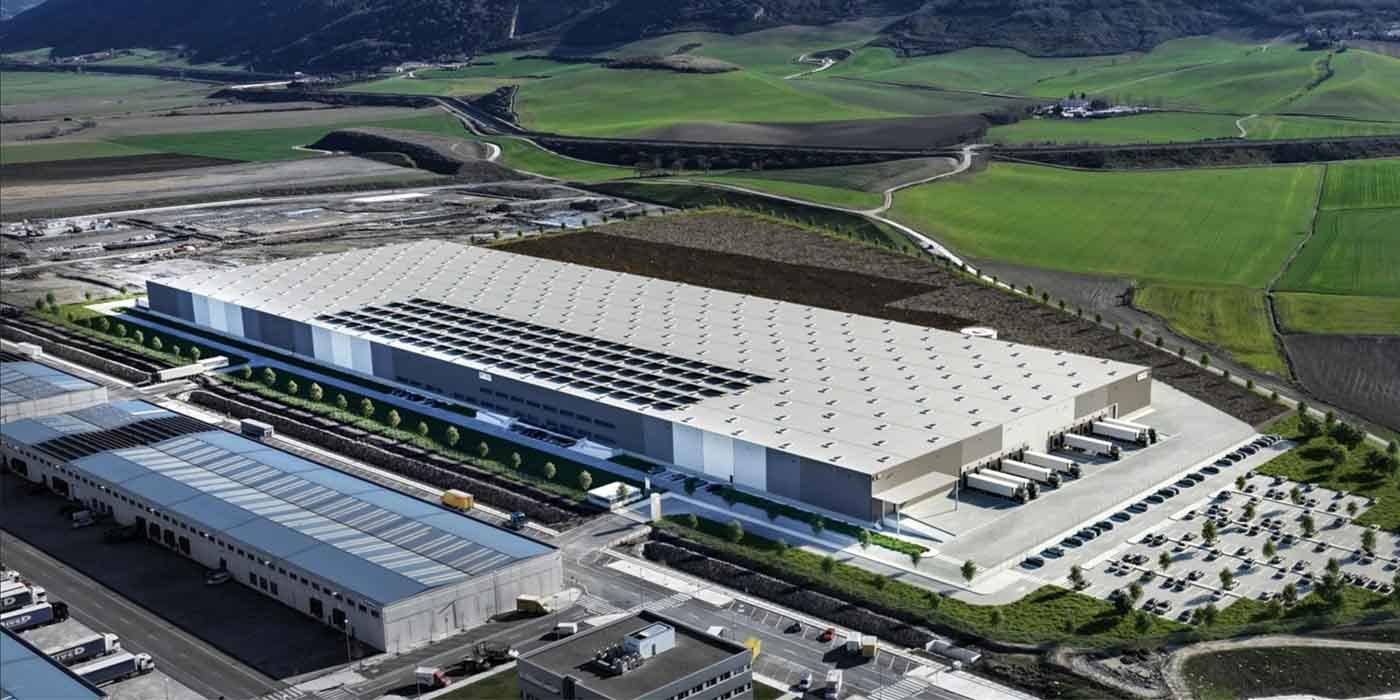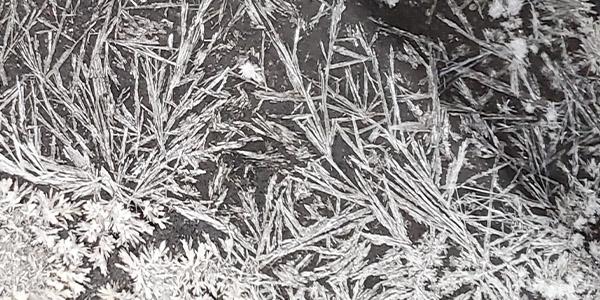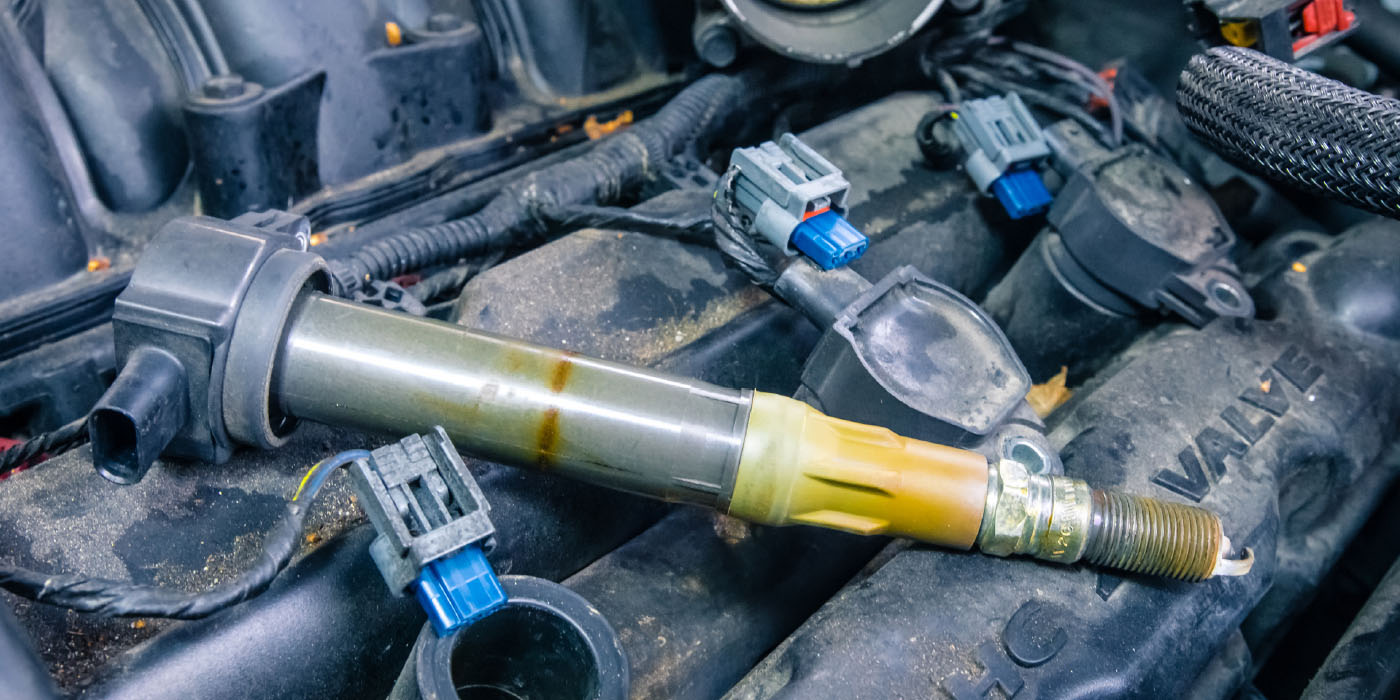By Larry Carley
Technical Editor
When it comes to filters, out of sight is often out of mind. Motorists often forget they have filters that need to be inspected and replaced periodically, so filters are not changed. But filters are there for a reason: to protect the engine, fuel system and transmission, and even the passengers from unwanted contaminants.
Most late-model vehicles are now factory equipped with a cabin air filter, or an empty slot where a filter can be installed. Many motorists are not aware their vehicle has such a filter. So ask your customers if they have checked their cabin air filter lately.
One way to tell if a vehicle has a cabin air filter is to check the vehicle owner’s manual. You should also check your catalog listings or vehicle database to see if a cabin air filter is shown for the vehicle. If a vehicle has a cabin air filter, it will usually be located at the base of the windshield (open the hood and look in the cowl area for a small access door), or somewhere behind the glovebox in the HVAC assembly (look under the dash for an access door).
It’s important to check the cabin air filter at least once a year — if not more often — because it traps dust, pollen and other debris and may become clogged. Some cabin air filters also contain a layer of activated carbon to absorb odors and pollutants, too, and the service life of these is only about a year.
GROUND RULES
As a general rule, most cabin air filters should be changed every 20,000 to 30,000 miles — or more often depending on the size and capacity of the filter. If the filter has a carbon layer to absorb odors, replace it yearly or every 12,000 to 15,000 miles.
If a cabin air filter is not changed, eventually it will plug up and restrict airflow into the HVAC system. This can reduce airflow from the heater and defrosters in cold weather, and cool air from the A/C ducts during hot weather. As for the engine air, oil and fuel filters, most motorists are at least aware of their existence. That doesn’t mean they will check or change these filters, but at least they know the filters are somewhere on their vehicles and may need to be serviced at some point.
The factory recommended service intervals on all of these filters has been extended in recent years, though some would argue the intervals have been stretched too far. Longer service intervals mean fewer filter replacements and sales, but it can also increase the risk of trouble for the vehicle owner. Consider what these filters do: The air filter prevents dust from entering the engine. If it becomes dirty, it can restrict airflow, hurt performance and cause a drop in fuel mileage.
The fuel filter traps dirt and other contaminants in the fuel system. If this filter becomes plugged, it can choke off the flow of fuel to the engine, cause the engine to stall and leave the motorist stranded.
The oil filter traps particles and dirt in the oil so they can’t damage the bearings, rings, crankshaft, camshaft and cylinder wall surfaces inside the engine. If this filter is neglected, premature wear and expensive engine damage can result.
ANOTHER FILTER?
There’s yet another filter that is often overlooked: the transmission filter. This filter is usually located inside the bottom pan of the transmission so it can keep the transmission fluid clean. A dirty filter can restrict fluid flow and cause transmission shifting problems, or allow unfiltered fluid to accelerate transmission wear.
Changing these filters regularly can significantly extend the life of the engine and transmission, and reduce the risk of a breakdown. Yet, study after study shows motorists are neglecting basic maintenance — and suffering the consequences as a result. How often these filters have to be replaced depends on mileage, driving conditions and wear. If a filter is doing its job, it will get dirtier and dirtier as time goes on. Eventually the filter will become clogged, causing a restriction or a blockage. As a rule, air filters should be inspected yearly (or more often if a vehicle is driven on gravel roads or operated in a dirty environment), and replaced every 24,000 to 50,000 miles, or as needed. If an air filter passes little light when a shop light is held behind it, the filter is dirty and needs to be replaced. With fuel filters, the recommended replacement interval used to be every couple of years. Today, most owners manuals recommend a filter change at 50,000 miles — or “as needed.”
The oil filter should be changed whenever the oil is changed. For the best protection, changing the oil and filter every 3,000 miles has long been a standard recommendation. As for transmission filters, many transmission experts recommend changing the fluid and filter every two to three years or 30,000 miles — or once a year or every 15,000 miles if a vehicle is used for towing or other heavy use.

